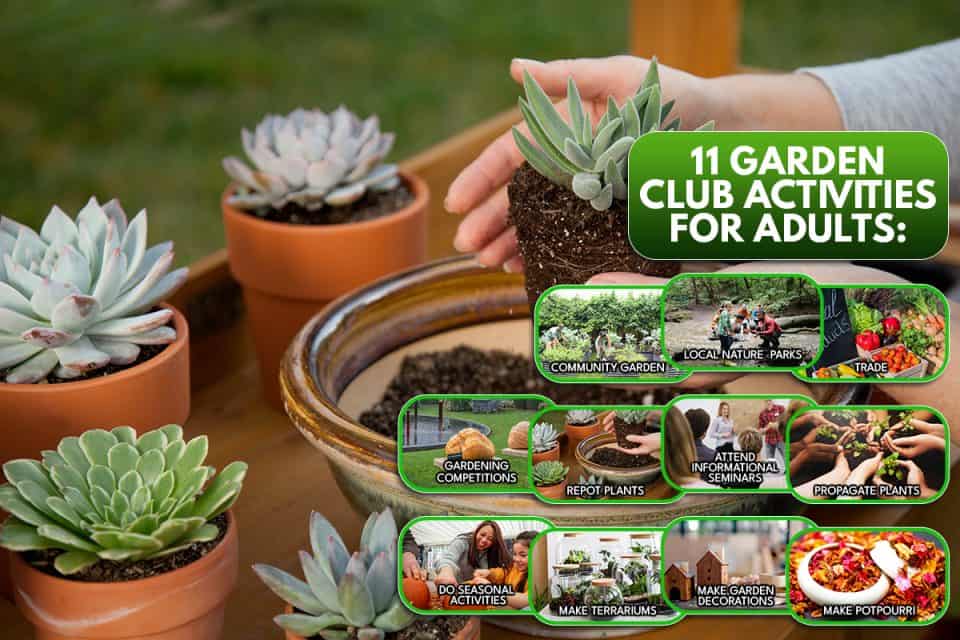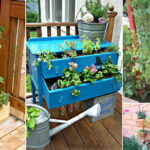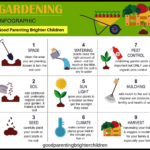Gardening clubs serve as bastions of camaraderie, education, and sustainability, offering members a sanctuary to exchange knowledge and nurture their green thumbs. This exploration into the top activities for a rich gardening club experience illustrates the various ways such groups can foster community bonds and encourage environmental stewardship.
As we delve into these activities, we also reflect on their significance within the broader narrative of societal development, particularly the role of grassroots activism in the realm of ecological preservation and cultivation techniques. The following sections outline various engaging activities that can transform a gardening club into a dynamic and inclusive environment.
Engaging Educational Workshops and Classes
At the heart of any successful gardening club lies a plethora of educational opportunities. Workshops focusing on sustainable practices can empower members with vital skills and knowledge. Topics may encompass organic gardening techniques, permaculture principles, and the intricacies of companion planting. By offering workshops led by experienced horticulturists or local agricultural experts, clubs can disseminate important information about pest management, soil health, and climate-resilient gardening.
Additionally, integrating classes on seed saving or heirloom plant cultivation can deepen the understanding of biodiversity. Members can learn the significance of preserving native plants and cultivating a diverse ecosystem, which is increasingly pertinent in the face of global agricultural challenges. These educational endeavors not only enhance individual gardening skills but also cultivate a sense of shared responsibility among club members, igniting passion for caring for the environment.
Community Outreach Initiatives
A gardening club can play a pivotal role in its community by initiating outreach programs that educate and engage local residents. Community gardening projects, for instance, provide opportunities for members to collaborate with neighbors, transforming vacant lots into flourishing green spaces. Such collective efforts can foster a sense of agency and empowerment, particularly in underserved neighborhoods, allowing residents to grow their own food and nurture community ties.
Partnerships with local schools can further broaden the reach of gardening initiatives. A children’s gardening program can be established to instill a love of nature and sustainable practices in young minds. Engaging children through hands-on activities teaches them about biodiversity and the life cycle of plants, while also emphasizing food sovereignty and environmental stewardship. These experiences create a multi-generational dialogue, benefiting both the participants and the broader community.
Seasonal Plant Exchanges and Swap Meets
Another exhilarating component of gardening clubs is the organization of seasonal plant exchanges or swap meets. These events enable members to share their bounty, whether it be surplus seedlings, mature plants, or excess gardening gear. The excitement of discovering unique plant varieties or acquiring heirloom seeds fosters a spirit of generosity and collaboration within the club.
Moreover, utilizing these gatherings to educate members about sustainable horticultural practices can add an enriching facet. Demonstrations on plant propagation or care can be interwoven into the event, allowing members to gain hands-on experience as they exchange ideas and resources. Such exchanges not only contribute to increased biodiversity within the local ecosystem but also strengthen community ties, as relationships are nurtured through shared passions and experiences.
Thematic Gardening Challenges
To stimulate creativity and foster healthy competition among members, clubs can implement thematic gardening challenges. These activities can range from designing a vegetable garden with a specific theme or growing plants that attract local pollinators, to creating unique garden art. The thematic nature of these challenges encourages participants to think outside the box and utilize their gardening skills in innovative ways.
Additionally, showcasing the results of these challenges through garden tours or exhibitions creates a platform for members to share their accomplishments. This transparency encourages accountability and inspires others to elevate their gardening efforts. Such initiatives encapsulate the spirit of gardening as a communal, collaborative endeavor where creativity thrives, and personal expressions of ecological consciousness are celebrated.
Field Trips and Garden Visits
Field trips to local botanical gardens, historic estates, or community gardens can provide invaluable experiences for club members. These excursions expose them to diverse gardening techniques and plant varieties while offering inspiration for their own practices. Visiting established gardens allows members to learn from professionals and gain insights into successful gardening methodologies.
Furthermore, these trips can include behind-the-scenes tours, enriching the experience by delving into the historical context of these sites. Understanding the historical significance of gardening practices can promote respect for traditional methods and catalyze a renewed interest in indigenous plant cultivation. Field trips thus not only enhance horticultural knowledge but also create lasting memories and stronger connections among club members.
Volunteer Days for Local Environmental Causes
Fostering a sense of community within a gardening club often extends beyond its eco-centric initiatives. Organizing volunteer days focused on supporting local environmental causes can engender a deep sense of purpose among members. Participating in activities like habitat restoration, invasive species removal, or urban forestry projects provides practical experience and contributes positively to the local ecosystem.
Such volunteer opportunities are not only crucial for fostering environmental consciousness but also serve to underline the integral role of collective action in addressing ecological crises. By collaborating with local environmental organizations and promoting advocacy through gardening practices, clubs can actively engage in the broader narrative of environmental justice and sustainability.
Promoting Diversity and Inclusivity within Gardening
Creating an inclusive space for all individuals, regardless of background, gender, or gardening experience, is critical for fostering a vibrant gardening community. Clubs can promote inclusivity by actively engaging underrepresented groups and creating programming tailored to their needs. Offering workshops in multiple languages or providing resources for disabled members can enhance accessibility and representation within gardening spaces.
Additionally, highlighting the contributions of women and marginalized communities to gardening practices throughout history can empower members and inspire pride in their collective identity. Recognizing the historical significance of community gardens in urban environments or the vital role that women have played in agricultural advancements can serve as a foundation for fostering a more equitable gardening culture.
Fostering a Sustainable Future Through Gardening
In conclusion, gardening clubs offer a multitude of opportunities to nurture community bonds, enhance environmental awareness, and promote personal growth through shared experiences. Through educational workshops, outreach initiatives, plant exchanges, themed challenges, field trips, volunteer projects, and inclusivity efforts, these clubs can serve as a catalyst for change within both their member’s lives and the broader community.
As society continues to navigate the complexities of environmental sustainability and community resilience, the intrinsic value of gardening transcends mere recreational activity. It stands as a poignant reminder of the interconnectedness of life, emphasizing the significance of collective action in nurturing not only our gardens but also our communities and the planet as a whole.









Leave a Comment